Introducing the new members of the Advisory Board
Welcome to the team!
We are delighted to welcome the following new members to the joint Nanoscale and Nanoscale Advances Advisory Board! The board consists of 44 expert scientists working across the breadth of nanoscience & nanotechnology.
 |
Professor Stephanie Brock, Wayne State, USA. The Brock group’s research is centered on the synthesis and characterization of novel inorganic/solid state materials with unique and tunable properties, particularly nanomaterials. |
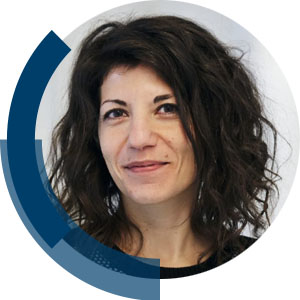 |
Professor Raffaella Buonsanti, EPFL, Switzerland. Through the core expertise in colloidal synthesis, her team develops novel approaches to complex materials to drive chemical transformations. |
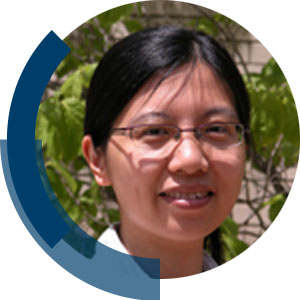 |
Professor Jingyi Chen, University of Arkansas, USA. The Chen group focuses on rational design and synthesis of functional materials towards optimal properties and performance for energy conversion, tribology, and human-health applications. |
 |
Professor Kristen Fichthorn, Pennsylvania State University, USA. Professor Fichthorn’s research is primarily in atomic-scale simulation of fluid-solid interfaces, with applications in thin-film and crystal growth, colloidal assembly and stability, catalysis at surfaces, wetting and spreading, lubrication, and separations. |
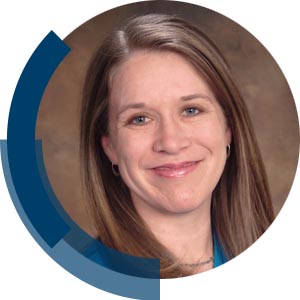 |
Professor Christy Haynes, University of Minnesota, USA. The Haynes group focuses on applications of analytical chemistry in the fields of immunology and toxicology, with much expertise in the area of single cell analysis. |
 |
Professor Jesse Jokerst, UCSD, USA. The Jokerst group works to improve the contrast of ultrasound images via nanoscale contrast agents, which can often double as drug delivery vehicles. |
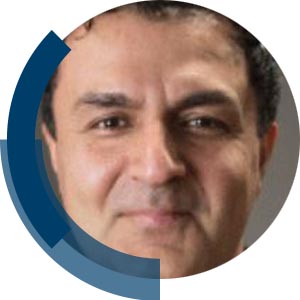 |
Professor Kourosh Kalantar-Zadeh, University of New South Wales, Australia. The Kalantar-Zadeh group works on sensors, nanotechnology, liquid metals, materials science, electronics, gastroenterology, and medical devices. |
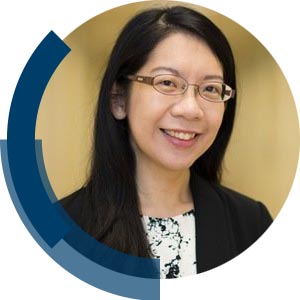 |
Professor Pooi See Lee, Nanyang Technological University, Singapore. The Lee group develop high energy capacitors, energy saving electrochromic coatings, novel transparent conductors, flexible and stretchable devices. |
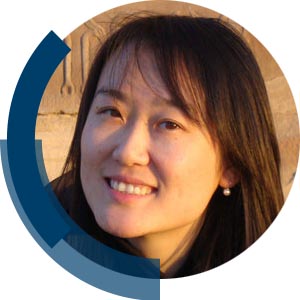 |
Professor Laura Na Liu, Max Planck Institute for Intelligent Systems, Germany. The Liu group focuses on developing sophisticated and smart nanomaterials to answer structural biology questions and to answer catalytic chemistry questions in local environments |
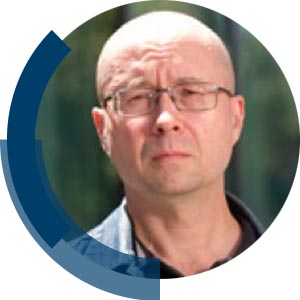 |
Professor Kostya (Ken) Ostrikov, Queensland University of Technology, Australia. Prof Ostrikov is widely recognized as a pioneer and leading authority in low temperature plasma applications in nanoscale materials processing and discovery of fundamental mechanisms of nanoscale matter structuring and activation using plasmas and related processes. |
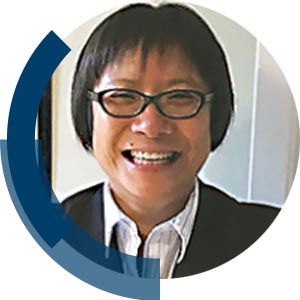 |
Professor Dong Qin, Georgia Institute of Technology, USA. The Qin group researches bimetallic nanocrystals, understanding heterogeneous nucleation in nanocrystal growth with molecular probes, and colloidal silver nanocrystals. |
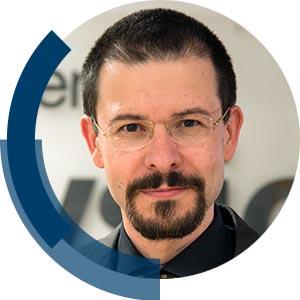 |
Professor Ventsislav K. Valev, University of Bath, UK. The Valev group focuses on the interaction between powerful laser light and nanostructured materials. |
 |
Professor Miriam Vitiello, CNR-Nano, Italy. The Vitiello group researches THz Quantum cascade lasers, THz nanodetectors, graphene and 2D materials for nanophotonics and nanoelectronics, THz near-field optics, THz metrology, and high resolutions spectroscopy and imaging. |
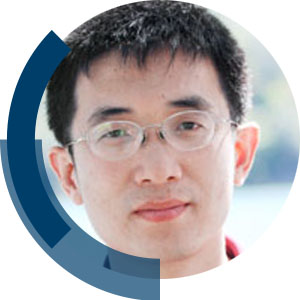 |
Professor Xiaojun Wu, University of Science and Technology of China, China. The research interests of the Wu group include materials design methods, the design and computational simulation of spintronics materials, (photo)catalytic materials for energy, and other low-dimensional functional materials. |
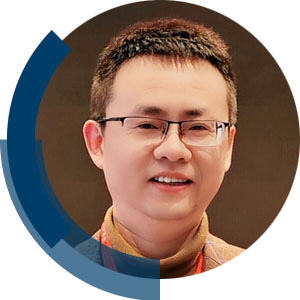 |
Professor Yujie Xiong, University of Science and Technology of China, China. The Xiong group research centers on solar-driven artificial carbon cycle through the combination of four routes: photocatalysis, electrocatalysis, photoelectrochemical system and plasmonic catalysis, based on the rationally designed inorganic materials and devices. |
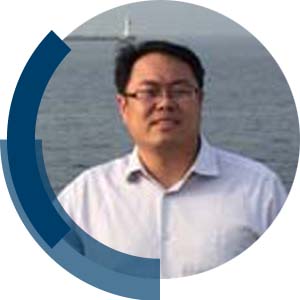 |
Professor Lin Xu, Nanjing Normal University, China. The Xu group is interested in functional nanomaterials, nanocatalysts for fuel cells, electrocatalysis and electrode materials for batteries. |
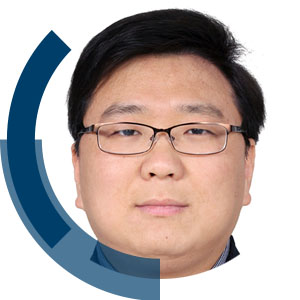 |
Professor Ya Yang, Beijing Institute of Nanoenergy and Nanosystems, Chinese Academy of Sciences, China. The Ya group focus on the development of micro-nano energy and sensing research, building high-performance composite nano-generators and high-precision self-driving sensor arrays through research in material design and controllable preparation. |
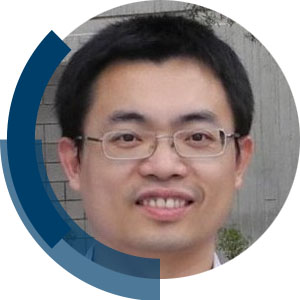 |
Professor Gang Zhang, Institute of High Performance Computing, ASTAR, Singapore. The Zhang group focuses on using quantum mechanics and molecular dynamics to simulate electronic, thermal, and optical properties of novel materials and structures in important engineering problems. |
Please join us in welcoming these new Advisory Board members to Nanoscale and Nanoscale Advances!
Best wishes,
Dr Charlotte Marshall Dr Ania Rulka
Managing Editor, Nanoscale Executive Editor, Nanoscale Advances










